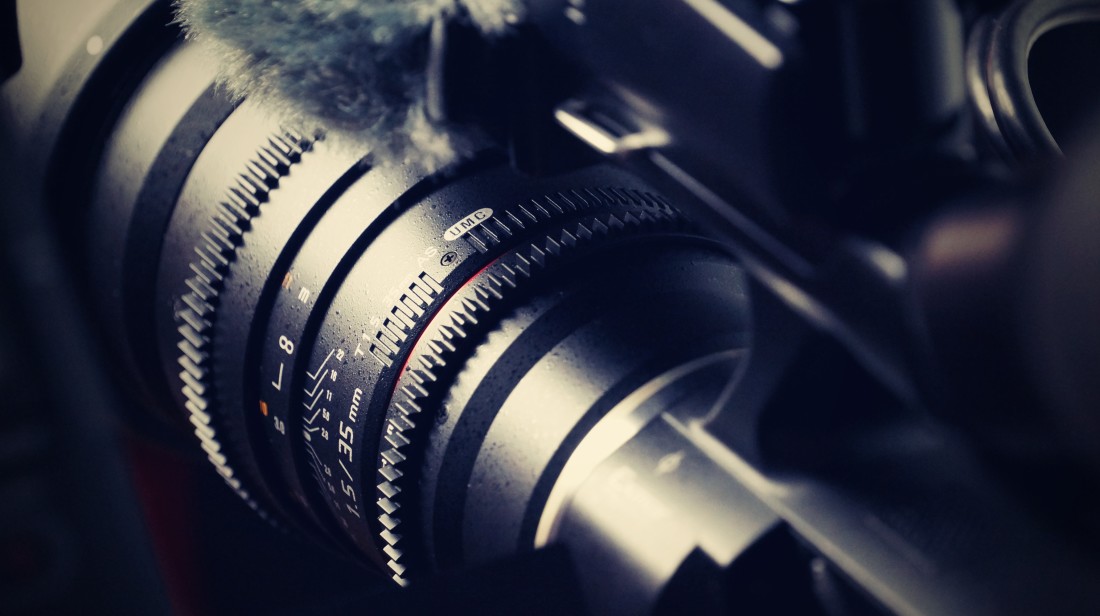Following a call for proposals for international film amateurs to produce a film based on their personal experience of migration, Rima received five applications, all of which had a different way of dealing with the issues of migration, exile and displacement. The leading application however was Marsapolis by Emmanuel Tut-Rah Farah, an Italian-Egyptian film maker based in Malta. Other members of the team include Ben Borg Cardona (D.O.P. and Producer), Roger Zammit (Production Manager, Producer and Editor), Keith Tedesco (Creative Consultant), and Sari Albaaga and Emad Alahmad as scriptwriters.
This application was made possible by the coming together of three individuals: Emmanuel (director), Sari and Emad (script-writers), all of whom have lived the experience of migration.
Here is what they have to say about their project:
Emmanuel:
We are three creative individuals coming from the Arab and Mediterranean world and two of us are refugees in Malta and we think that this project will give a name and a story to migrants residing in Malta. The current environment surrounding refugees is not one that is accepting of integration and difference within communities. The film means to raise the profile of the individual migrants living here and in doing so underlines the dramatic human challenges they face, and the personal and family sacrifices they make. We want their efforts to be recorded and given the respect they deserve in Malta’s history. By doing this, the film will work to build bridges between the local community and refugees, with the hopes of it improving relations that are currently strained and – at times – verging on the violent. The refugee experience will be encapsulated in a story, a memory, a set of images. We strongly believe stories can help the civil society to explore memory and healing trauma through the power of the visual word. Being the son of migrants, as an Italian-Egyptian film-maker, having lived across Europe for lack of work in my home country, made me reckon the destabilization inherent in the capitalist processes of displacement and migration. War, Oppression, loss of family, lack of opportunities are the powerful motors of nowadays Odysseus and also of nowadays Khadra, the Woman of the Egyptian folktale that brings ruin to her household embarking on a perilous trip. On a human and intellectual side is the idea of nostos (return) that brought me to storytelling, and being Emad and Sari personal friends, as soon as I knew they were interested in the project we formed a team.
Emad:
I am a poet, a writer and a translator. I strongly believe storytelling empowers people because it gives them a renewed sense of agency, an ownership over their trauma through language. Furthermore the act of writing encourages the writer to examine the experiences from a place of distance and perspective. This inspires healing. I believe the stories of refugees reflect the undeniable truth that their lives have infinite value and meaning. Their voices serve as a powerful weapon against suffering and indifference. Whether the stories are set in real or fantastic worlds, they “take us out of ourselves”, and encourage us to imagine being someone else. The better they are, the more they stretch our minds and our sympathies – and that’s why we enjoy them. We’re programmed to explore everything around us. Me, Emmanuel and Sari propose, explore, and challenge the ways in which creative cultural resistance can broaden our collective understanding of human rights.
Sari:
The project captures the intimate retellings of authentic experiences of displacement that migrants currently living in Malta went through. The project aims to create a greater awareness of human rights in Malta through the production of a short film, an artwork to encourage Art as a means to tell stories, collect memories, work for inter-culturalism and social justice. What we see today in Europe is not a refugee crises, it’s an European political crisis, Europe can accommodate all the refugees they have only when they agree to be one, not by building walls and fences, like we are seeing in Hungary and we are about to see in Poland, Europe today is on the verge of standing or falling in applying human rights, today is us, who knows, who is going to be there tomorrow.
This project is in partnership with Pineapple Media Ltd. The RIMA Project is supported by the Valletta 2018 Foundation and the Malta Arts Fund.

